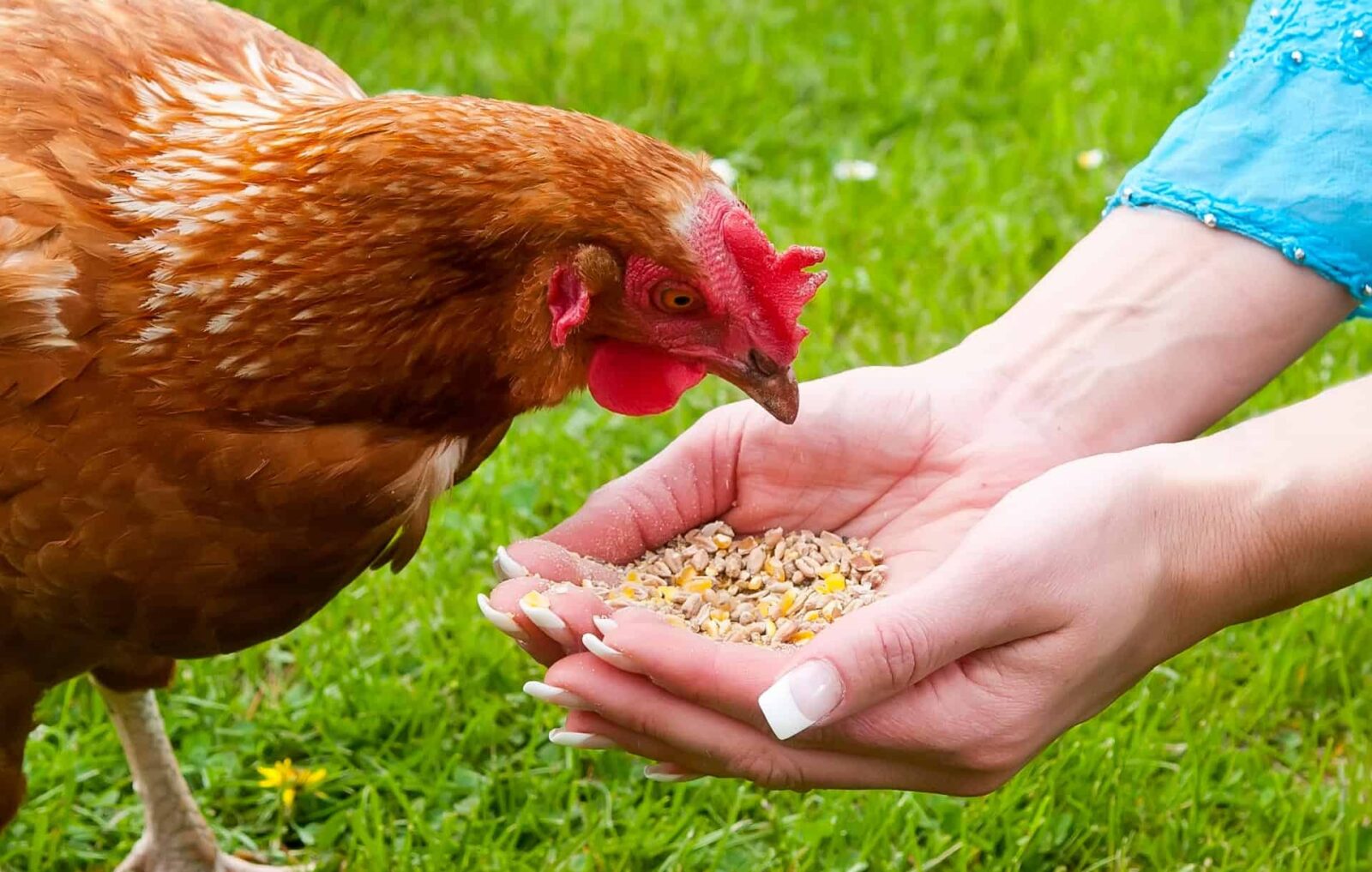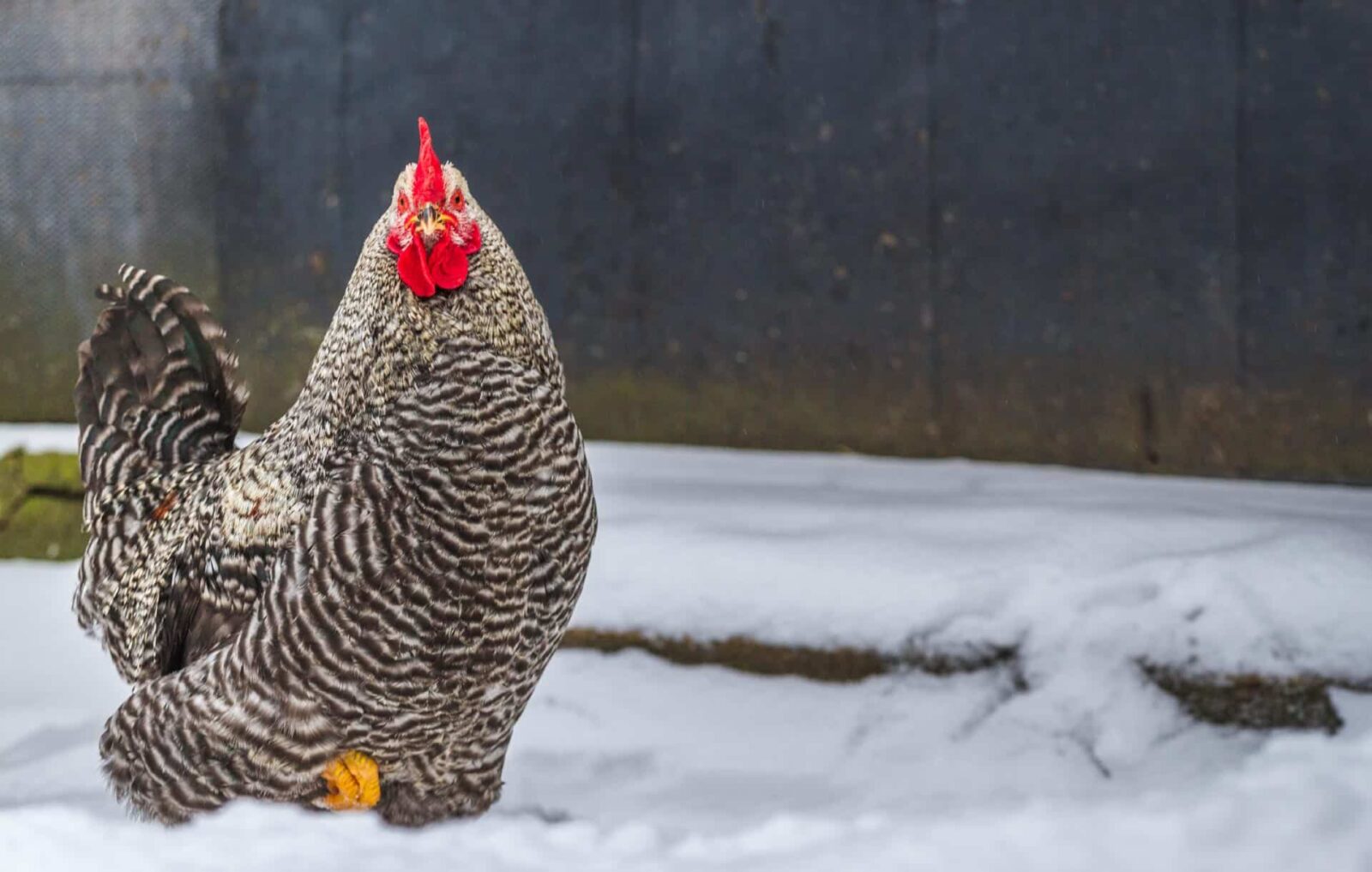Can chickens eat celery? Yes. They are very nutritious for chickens, supplying several essential nutrients that play various important roles in the healthy growth of chickens. Chickens can consume anything that you can eat. They also help to prevent the wastage of food. They eat anything from fruits to vegetables to leftover foods.
There are foods that you should not offer to your chickens such as foods that contain salt. Before you give your chickens anything, you should make sure it’s healthy for them. They should also not be fed with bread, caffeine, green potato peels, avocado seed, moldy foods, rotten fruits, chocolate, tomato stems or leaves, and some other foods that may be dangerous to their health. Chickens are known to avoid foods that are dangerous to their health. This is different in the case of celery because it is not one of the top tasty foods they would rather have.

Celery is a very nutritious fibrous vegetable that if given to chickens would help to fill in the gaps of nutrients that are absent from their daily diet of formulated feed. Celery contains lots of vitamins such as vitamin A, thiamine, riboflavin, niacin, pantothenic acid, vitamin B6, folate, vitamin B12, choline, vitamin C, vitamin D, vitamin E, vitamin K, and many others.
To find out more about what chickens can eat and what they can’t eat check out
Nutritional Table For Celery
Nutritional value per 100 g(3.5 ounces) holds 67-kilo joules and 95% of water
| Total Carbohydrate (fiber inclusive) | 2.97 g |
| Starch | 0.00 g |
| Sugars | 1.34 g |
| Lactose | 0.00 g |
| Dietary fiber | 1.6 g |
| Fat | 0.17 g |
| Saturated fat | 0.042 g |
| Trans | 0.00 g |
| Monounsaturated | 0.032 g |
| Polyunsaturated | 0.079 g |
| Vitamin A | 22 ug | 3% |
| Vitamin B1- thiamine | 0.021 mg | 2% |
| Vitamin B2- riboflavin | 0.057 mg | 5% |
| Vitamin B3- niacin | 0.030 mg | 2% |
| Vitamin B5- pantothenic acid | 0.246 mg | 5% |
| Vitamin B6 | 0.074 mg | 6% |
| Vitamin B9- folate | 36 ug | 9% |
| Vitamin B12 | 0.00 ug | 0% |
| Choline | 6.1 mg | 1% |
| Vitamin C | 3.1 mg | 4% |
| Vitamin D | 0 IU | 0% |
| Vitamin E | 0.27 mg | 2% |
| Vitamin K | 29.3 ug | 28% |
| Calcium | 40 mg | 4% |
| Copper | 0.035 mg | 2% |
| Iron | 0.20mg | 2% |
| Magnesium | 11 mg | 3% |
| Phosphorus | 24 mg | 3% |
| Potassium | 260 mg | 6% |
| Sodium | 80 mg | 5% |
| Zinc | 0.13 mg | 1% |
| Water | 95.43 g | |
| Alcohol | 0. 0g | |
| Caffeine | 0 mg | |
| Cholesterol | 0 mg | |
| Protein | 0.69 g |
Interesting Facts About Celery
- Celery is a fibrous vegetable from the family of Apiaceae. They have long fibrous stalks that taper into leaves and grow in marshlands.
- They are propagated in open gardens or nursery beds depending on the season of the year. They grow up to a height of 15-20 cm (6-8) inches.
- Celery is a vegetable that grows In the winter and the early spring. Your chickens get to eat their greens even in the winter.
- A stalk of celery contains about 53 mg of sodium which is essential for the healthy growth of your chicken. The root of celery contains starch and the leaves contain potassium, calcium, and vitamin C.
- Every part of celery is edible and very nutritious for chickens and they hold a whole lot of health benefits for your chickens to explore.
Can Chickens Eat Celery?
Yes, they very much can. Although chickens would rather go for the sweeter treats than settle for celery. If they tend to like it, you should control how much of it they can get. Celery can be given to chickens raw or cooked, although serving it raw would make it last longer. It should be chopped into sizable chunks to prevent your chicken from choking as they do not have teeth to break it into finer bits. We also recommend using a chicken feeder and mixing celery with your chicken feed.
Celery can be served with other vegetables for chickens that avoid them, creating a vegetable salad. In their haste to consume the other vegetables, they would also consume the celery. A successful trick, try it and be thankful, later.
How to feed celery to chicken
- Always be sure to clean the celery properly by washing it before offering it to your chicken.
- Make sure they are not rotten or moldy before you give them to your chicken
- Cut them into small enough sizes for your chicken to swallow easily
- You can mix up their celery treat with other fruits and vegetables
- Do not give more than 10% of celery or any deviation from their daily feedback to chickens.
- Each chicken should have half a stalk of celery and not every day.
- If the celery was bought from the store, check for the expiry date to make sure it is not expired.
What You Should Know About Celery
Celery contains antioxidant properties which reduce the dangers of oxidative damages to blood vessels. Celery does not contain all the nutrients needed to support the healthy growth of your chickens, and so it should not be used to feed your chicken in the stead of balanced formulated feeds.
Celery in overly large quantities can be harmful to your chicken, causing crop problems like impacted crops. The crop stands off to one side of the chicken’s chest and is firm. This can kill the chicken if not attended to properly.
Health Benefits Of Celery To Chicken
- Growth of strong bones
- Production of high-quality eggs
- Increases immunity
- Aids cardiovascular functions
- Aids digestion
- Allows for safe and healthy weight loss
- Protects the blood vessels against oxidative damage.
In Summary
Celery is nutritious but should not be used to replace feeds specially formulated for chickens, because they do not contain all the essential nutrients needed for your chicken’s growth. We hope that you enjoyed this article. We recommend you take a look at our starter guide on raising backyard chickens.













Leave a Reply